For a full list of the contents of JP printed issues, click here on the “JP Magazine Index” link.
Who is behind Jerusalem Perspective?
There are many ways to answer the question, “Who is behind JP?” but the best answer is probably: “You are!” Member support and charitable contributions Jerusalem Perspective going and make it what it is. Your membership contribution enables JP to maintain its web presence, to produce the exciting new content you value, and to remain free of annoying advertizements that distract readers and dilute the focus of JP’s important mission.
What Is Measured Out in Romans 12:3?
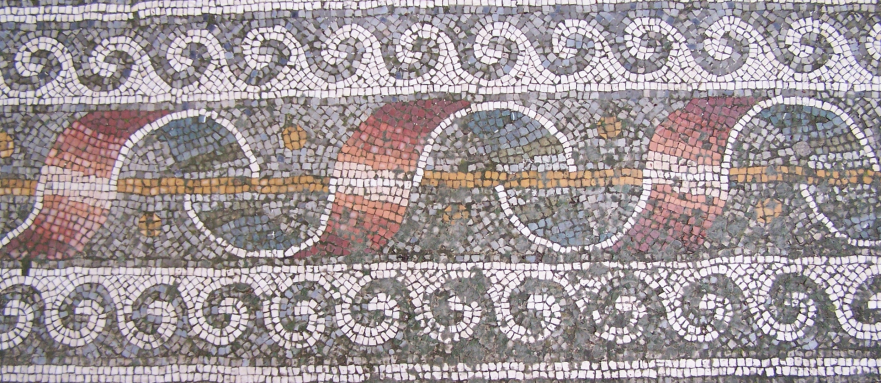
In Rom. 12:3 pistis refers not to believing in God, nor to the adequacy of one’s service to God, but rather to the aspect and area of stewardship or responsibility that God has assigned to each believer.
Jesus’ Reference to Folklore and Historical Events
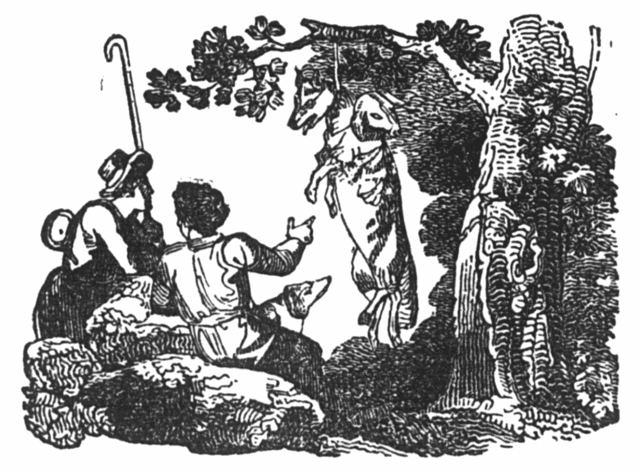
An inherent consequence of our distance from the world of Jesus is that we primarily understand Jesus’ words as they apply within our twenty-first century eschatological and theological framework. However, Jesus’ teachings reflect his cultural background as a Jewish rabbi in first-century Galilee.
Perspective on Dan Brown’s The Da Vinci Code

In the marketplace of ideas, legitimate biblical scholarship competes with the likes of Erich von Deniken (Chariots of the Gods) and Dan Brown (The Da Vinci Code), and other sensationalists.
Historical Howlers, Funny and Otherwise: Dan Brown’s Backward Understanding of Gnosticism
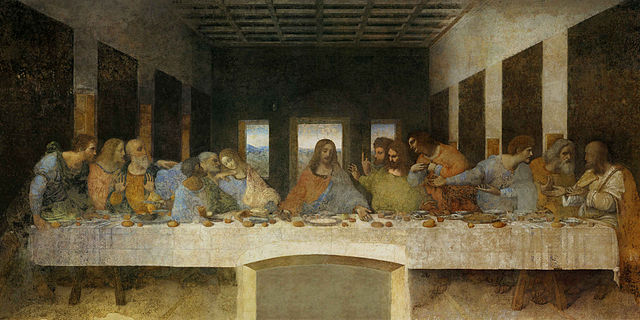
There are factual errors strewn throughout Dan Brown’s runaway bestseller, The Da Vinci Code.
Reflecting on David Flusser’s Vision
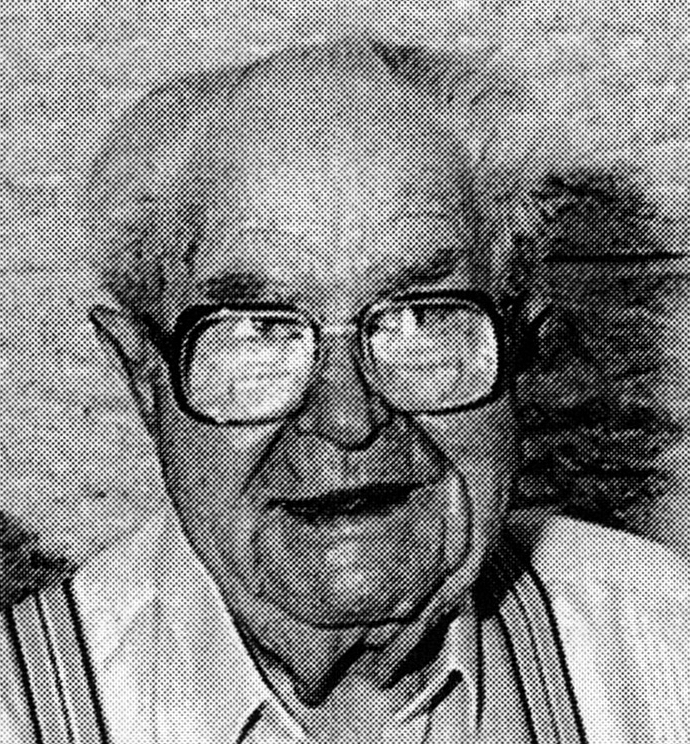
The term “genius” readily appears on the lips of scholars at the Hebrew University in Jerusalem when they refer to their former colleague, David Flusser (1917-2000). This word, which was understandably mixed with more critical words, was shared with me repeatedly the years I was Lady Davis Professor in the Hebrew University.
A Time To Fast?

Once, when Jesus and his disciples were enjoying themselves at a dinner party, a simple observation was made: “Your disciples don’t fast!” The observation was innocent and simple enough; it was not an accusation, but an honest exclamation of perplexity. Jesus’ response, however, was far from simple.
Toward an Inerrant View of Scripture
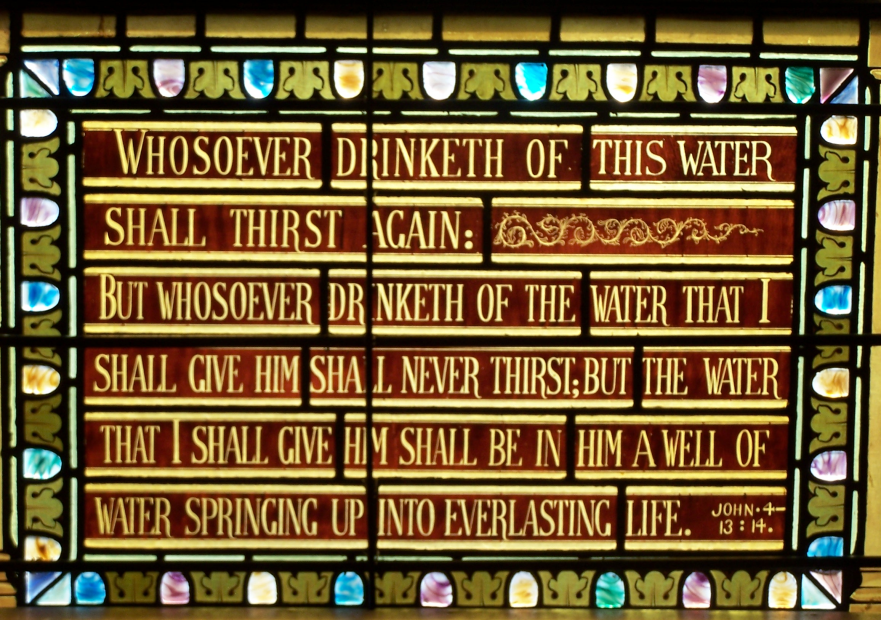
No biblical autographs have survived. There are only manuscripts which were copied from earlier manuscripts, which were copied from still earlier manuscripts, and so on. To speak of an autograph as inerrant, we are essentially claiming that Scripture USED to be inerrant.
Scholars and Saints: A Critical Collaboration
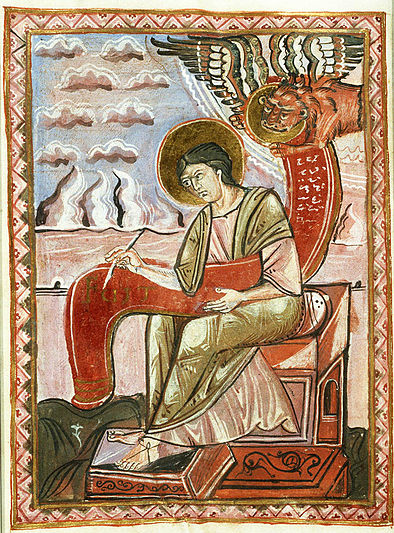
Most academics would question the value of attempting to identify material originating from the historical Jesus because Matthew, Mark and Luke are not historical narratives in the modern sense.
Was New Orleans Punished for Its Sinfulness?
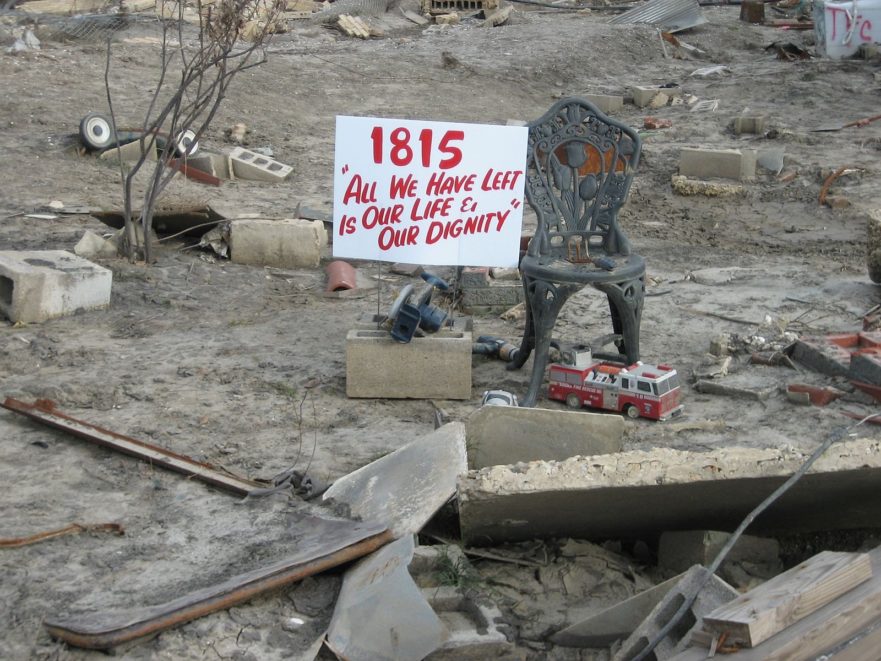
Let’s consider how Jesus would have responded to the damage and loss of life wrought by Katrina.
How Do I Make Purchases from the JP Bookstore?
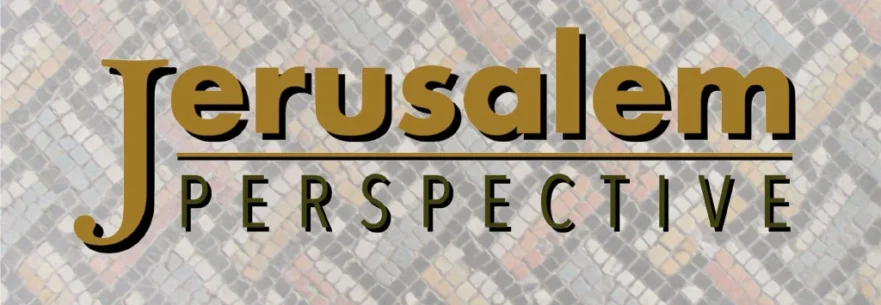
Step by step instructions for making purchases from the JP Bookstore.
Essenic Piety and the Epistle of James
A close look at both the Epistle of James and the extrabiblical traditions concerning James “the first bishop of Jerusalem” reveals several points of contact with Qumran.
Recommended Books On Ritual Purity Laws
Jack Poirier calls attention to four books on a topic that few readers of the New Testament understand.
Does God Play Scrabble?

The idea of a so-called Bible Code, in which confirmatory words or messages can be extracted from the Bible by reading the letters as they fall at a certain frequency, is completely false.
Are Christians Supposed to Tithe?
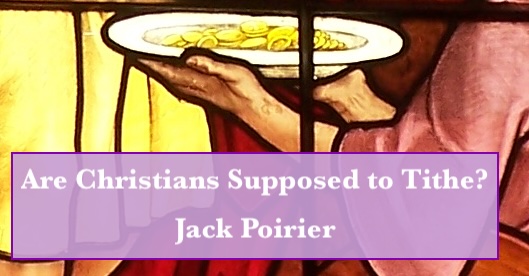
If Jesus censured the Pharisees for loading burdens upon the people that they could not bear, would he not censure today’s pastors for doing the same thing?
Our New and Improved Website
As Director of Marketing for TotallyFabricated.com I am always looking for ways to help make our customers products even better. JerusalemPerspective.com has always been one of my favorite websites because they have such a great mission and it is obvious that God has blessed this ministry. It is amazing that we have so many great minds coming together in this online community.

